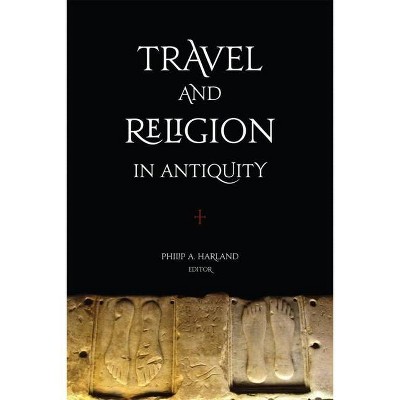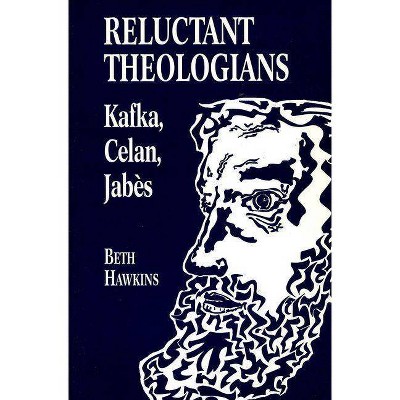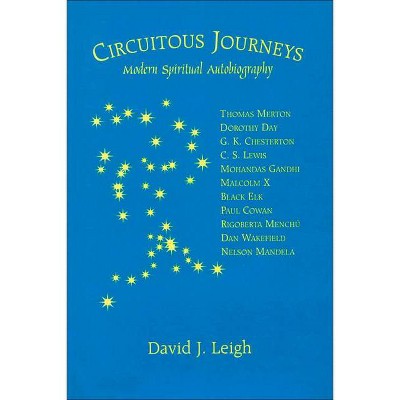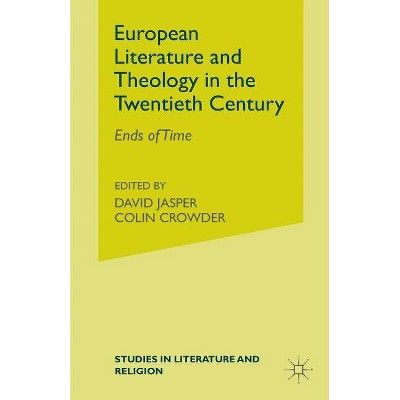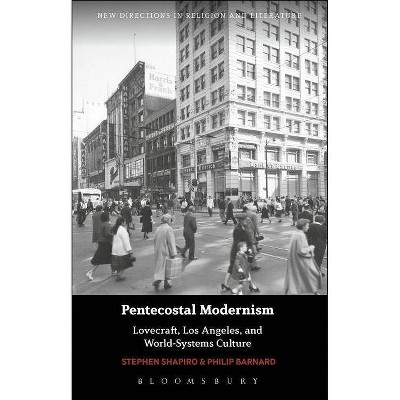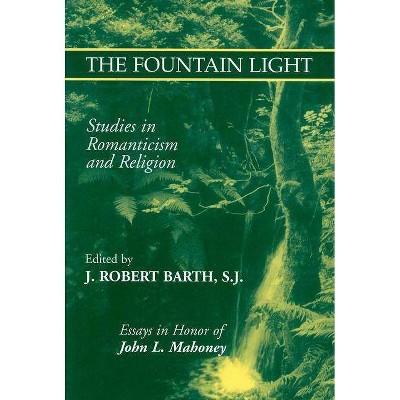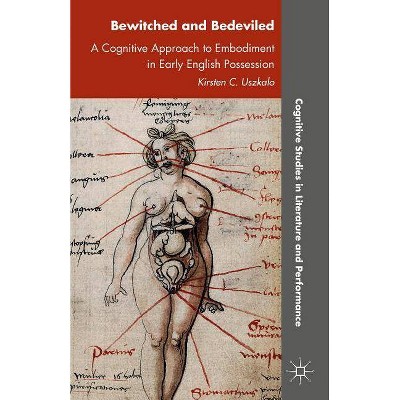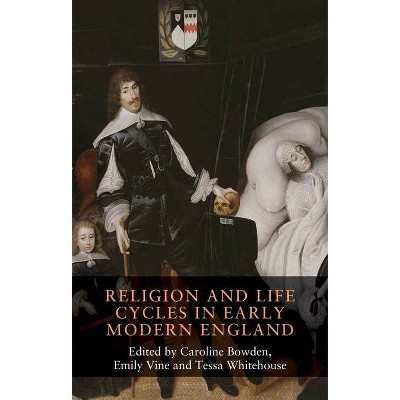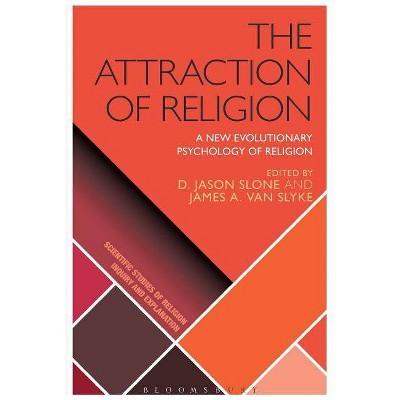Coleridge and Newman - (Studies in Religion and Literature) by Philip Rule (Hardcover)
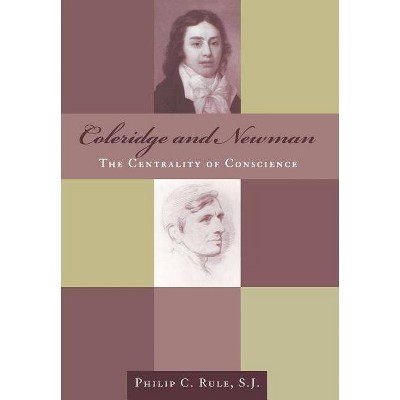
Similar Products
Products of same category from the store
AllProduct info
<p/><br></br><p><b> Book Synopsis </b></p></br></br><p>By examining Samuel Taylor Coleridge's and John Henry Newman's parallel approaches to the central question of Christian apologetics - the existence of God - <i>Coleridge and Newman: The Centrality of Conscience</i> documents more fully than ever before the extent of Coleridge's influence on Newman. Both men sought to develop an argument for God's existence by understanding conscience as the moral self-awareness that makes us human. <p/>The study provides fresh readings of three texts by Colerdige and three by Newman. The result of these comparative readings is a rhetoric that both informs and invites the reader to personal reflection.</p><p/><br></br><p><b> Review Quotes </b></p></br></br><br>...required reading for any serious historian of Victorian voluntarism and nineteenth-century social thought.-- "--Victorian Studies"<br><br>[Rule's] methodology provides a viable model for demonstrating the interplay between religious experiences and rhetorical expression.-- "--Christianity and Literature"<br><br>Rule presents new analysis of some major texts, three by Coleridge and three by Newman.-- "--Theology Digest"<br><br>The rich resources [Coleridge and Newman] offers should give this book a place in any well-stocked library that touches on English Romantic or Victorian thought in religion or philosophy.-- "--American Catholic Philosophical Quarterly"<br><p/><br></br><p><b> About the Author </b></p></br></br><br>Philip C. Rule, S.J. is Professor of English at the College of the Holy Cross and has published widely in nineteenth-century British studies, film studies, and religion and literature.<br>
Price History
Price Archive shows prices from various stores, lets you see history and find the cheapest. There is no actual sale on the website. For all support, inquiry and suggestion messagescommunication@pricearchive.us

